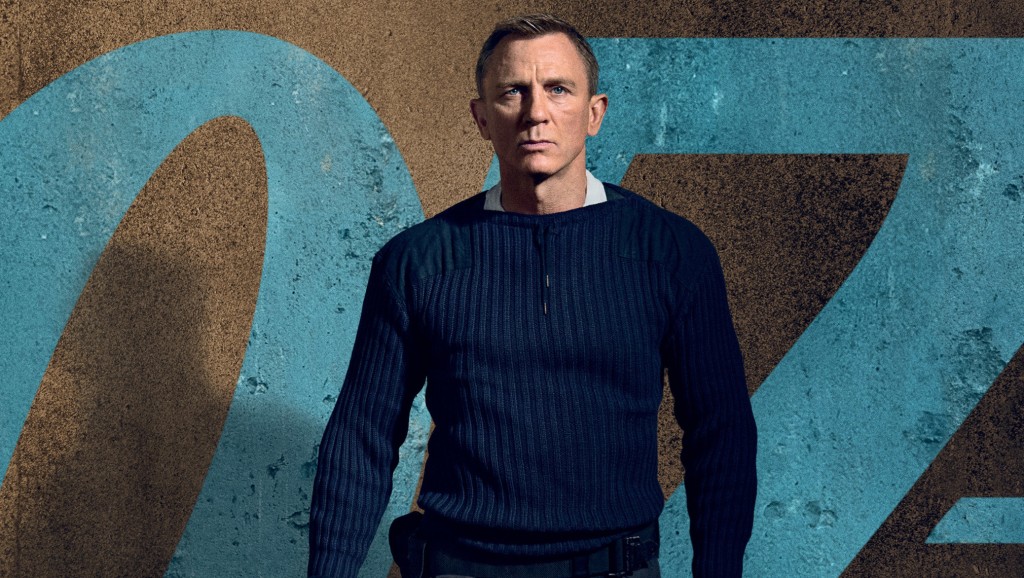You sense a growing maturity when it comes to Spielberg films as of late. Films such as Saving Private Ryan, Schindler’s List or Amistad are examples of his fantastic work as a director, proving doubters wrong that his work are more than blockbuster epics such as Indiana Jones or Jaws. But his work nowadays has developed a moral conscience. Spielberg has taken up the directorial responsibility to provide a historical and relative perspective through education. For example, Munich examined the devastating consequences of terrorism through retribution, drawing comparisons and influences of a post 9/11 world. Lincoln examined the abolition of slavery, drawing comparisons and influences of the current African-American struggle with societal and systemic racism and inequality.
The Post represents the third film in that same vein, tackling the issue of freedom of speech and the vital importance of the press and investigative journalism. While it lacks a hard-hitting edge, The Post has all the elements of a classic Spielberg adventure.
“News is the first rough draft of history.” – Kay Graham
The Post is not Spotlight or All the President’s Men if you’re looking for accurate comparisons. Spotlight is arguably the best of them all in terms of gut-wrenching emotions and an unresolved conspiracy drama. But nevertheless, The Post doesn’t do a disservice to that company of films it belongs to. It serves as a complimentary piece, a prequel to the events of All the President’s Men and in true Spielberg fashion, he provides the perspective behind those decisions.
It’s easy to see why Spielberg has a romanticised fascination with the press. With newspaper sales declining year on year, The Post serves as a time capsule that revels in the art of what it really meant to get articles published. As a relic of the past, Spielberg often lets the camera do the talking, lingering on the mechanics and the dedicated crew overseeing the entire process. Spielberg clearly wants us to respect that craft with all its beautiful yet forgotten functionality as if he was reminiscing on a simpler time of youthful innocence. Similar to the transition of cinema projectionists from film to digital, with technology and its current trends of interaction and consumption, the romanticism has been lost. With news in particular with digital publications, the quality, the volume and source accuracy are frequently debated amongst a post-truth generation.
But the art of the press is where Spielberg makes his strongest political comment and just like Munich and Lincoln, the real-life comparisons are obvious.

When the current President of the United States simply dismisses every negative news story as “fake news”, followed by his subsequent attacks on the press with “alternative facts”, it undermines the integrity of journalism. It creates a dialogue where if you want “the truth”, you have to hear it straight from the President because the news can’t be “trusted”. When faced with that dilemma, it draws a line in the sand, forcing you to pick a side. Who are you going to believe – the person occupying the highest authoritative power in the world or journalists working for “failing” newspapers or news channels? In The Post, Spielberg makes a striking and unquestionable comparison between President Trump and President Nixon. Their mirrored suppression of the press is examined through an ominous lens. In Nixon’s case, that unease is shaped from a distance, peering from the outside looking into the White House whilst listening to his real phone conversations. But overall, the valid integrity of the press shines through, re-emphasising the point that journalism matters. In recent months, that press integrity was demonstrated by Jodi Kantor and Megan Twohey of the New York Times with their investigative piece on Harvey Weinstein and his sexual predation of women and the clear abuses of power. Since then we’ve seen the cascading downfall of famous male celebrities. We’ve seen the increased vocal support towards movements such as #MeToo and #TimesUp. But most importantly, we’ve seen how this momentous and conscious spark has forced us to reconcile with the issue by putting the debate on the table, not only within Hollywood but within society itself. In The Post, that press integrity comes in the shape of The Vietnam War.
To put The Post into perspective, it is highly recommended that you watch the ten-part 2017 documentary, The Vietnam War. Narrated by Peter Coyote (Sphere, Patch Adams, Enron: The Smartest Guys in the Room) and directed by Ken Burns and Lynn Novick, the epic documentary is an emotionally comprehensive and in-depth analysis of the war from both sides of the equation. It explored from an American point of view how divisive and poorly constructed the war was, shaped through its policies, manipulation of information to the American people, the sheer amount of lives lost and the disillusionment that followed afterwards. It explored the impacting and cultural legacies for the Vietnamese people, surviving the first Indochina war with the French, to be then divided into two countries with the Americans backing the democratic south in a bid to stop the communist north from spreading. Ultimately, the war was unwinnable and yet America’s persistence lead to divisions not only on the battlefield but at home too. Protests and a generational conflict between the young and old and the preservation of American values (e.g. what it means to serve your country) were pushed to the extremity, a country tested politically, economically, socially and of course, morally.
It’s hard not to draw the comparisons but this is clearly what Spielberg intended. Just like the tumultuous decade where The Post takes place, we are currently living in a divided society that is mirrored by its past as if history was casually repeating itself. Whether it is Brexit or in American politics, it’s a division magnified by what or who you voted for. When faced with controversy, hypocrisy, double standards or outrage, we’ve seen that spirit of the 70s movement return in full force.
Already on a thematic level The Post showcases a paralleled relevancy. The echoing of Pentagon Papers bears a similar resemblance that the Snowden leaks did, bringing to light the division between national security and an ethic duty of responsibility to inform the public the truth. That essentially underpins the film, throwing the moral question out there – what does the truth cost and is it worth going to prison for?
“My decision stands, and I’m going to bed.” – Kay Graham
Where The Post slightly loses its momentum is that delicate balance between the functionality of the press and showcasing a woman in a male dominated world. It essentially becomes two films wielded into one and easily could have been separate. But thankfully it doesn’t completely go off the rails, thanks to the “who’s who” of Hollywood starring in this film and the esteemed presence of Meryl Streep.

The great thing about Meryl’s performance is how unlike it is your typical Meryl performance. We’re so used to seeing her as a dominating and commanding figure that the record number of Academy Award nominations speak for themselves. But on this occasion, she grows into the role of Kay Graham. The Post represents a personal battle, a reflection of the struggle of being taken seriously as a woman in charge and being faced with one of the most important decisions in the newspaper’s history.
The Post dedicates a significant amount of time to illustrate her importance. She’s surrounded by an advisor to guide her but the reality is that they do the speaking for her and dictate the terms. She wants to add her voice but is easily drowned out by other dominate speakers. There’s a clear conflict of interest between the importance of the papers and her friendship with influential people such as Robert McNamara (played on-screen by Bruce Greenwood). Weighed down by the family legacy and her inheritance of The Washington Post, Kay is overwhelmed with the responsibility. The Pentagon Papers changes all of that. Introduced at the midway point, Meryl transforms and suddenly the decision to back her reporters over the article unleashes a new lease of life. It is the empowering embrace of stepping out of the shadows to shape her own decisions and to take the newspaper in a bold new direction. It feels like a small act of defiance but as demonstrated in one scene as she exits the courthouse, to quote a line from Prometheus (or Lawrence of Arabia depending on what is familiar to you), “big things have small beginnings.”
What Spielberg achieves with The Post is accountability through courage and bravery. It celebrates the individual heroes who made the story possible especially when the abuse of power and the dangerous precedent it sets is evident. However small our actions, The Post reinforces on the idea of the power of the people.
Out of the Oscar contenders, it may not be the strongest. To others it might turn out to be forgettable in the long run. But as an entertaining, political and social commentary, Spielberg hits the right notes.






Don’t Be Shy – Leave a Reply